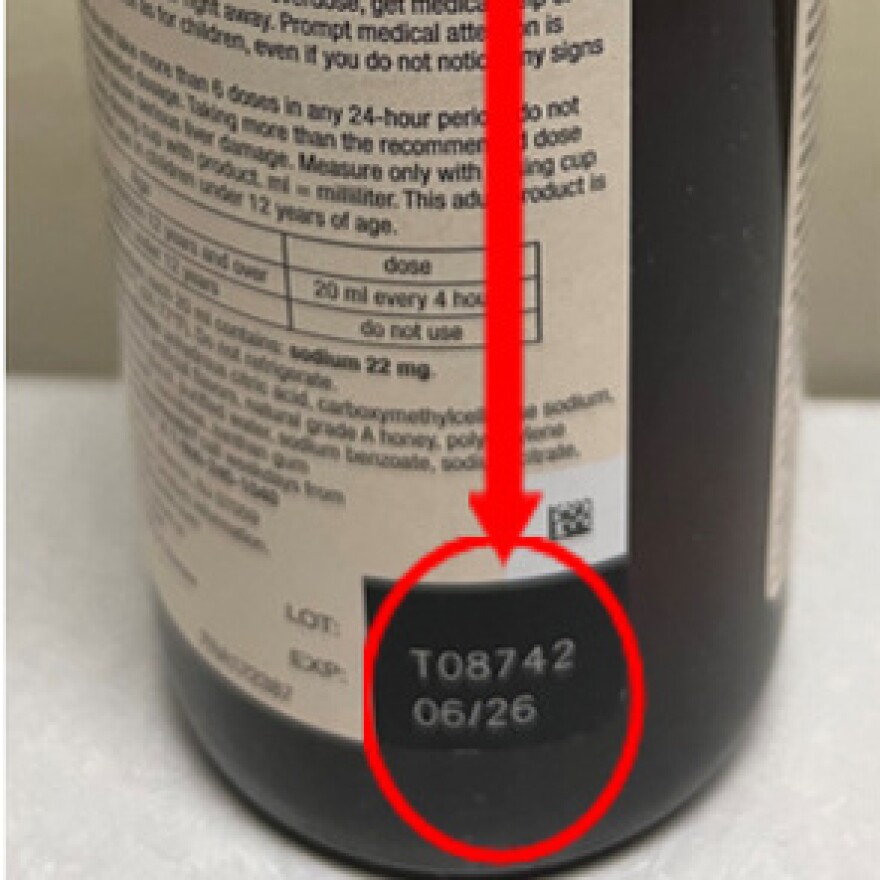WASHINGTON — The maker of Robitussin cough syrup is recalling several lots of products containing honey due to contamination that could pose a serious risk to people with weakened immune systems.
Haleon's recall covers eight lots of Robitussin Honey CF Max Day Adult and Robitussin Honey CF Max Nighttime Adult, which were distributed to stores and pharmacy suppliers. The Food and Drug Administration posted the company's announcement to its website Wednesday.
The products may contain dangerously high levels of yeast, the company said in an emailed message Thursday. Yeast is a natural component of honey, but the levels detected by the company were "beyond allowed measurements," Haleon said.
Ingestion of the contaminated syrup could result in severe fungal infections that would be potentially dangerous for people with weakened immune systems, such as organ transplant recipients or those with HIV. Several million people in the U.S. have conditions that impair the immune system's ability to fight off infections.
For most healthy individuals, any infections resulting from the products are unlikely to be serious, said the company, which is based in the U.K. and has its U.S. headquarters in New Jersey.
Haleon said it has not received any reports of injury or infection linked to the products, which have expiration dates ranging from October 2025 to June 2026.
People who have used the product should contact a health provider if they think they're experiencing any problem related to the recall. They can also report the problem to the FDA's online system.
Copyright 2024 NPR. To see more, visit https://www.npr.org. 9(MDAxODM1MzkxMDEyMTY5MDA4NjI2NGQ4Yg004))


